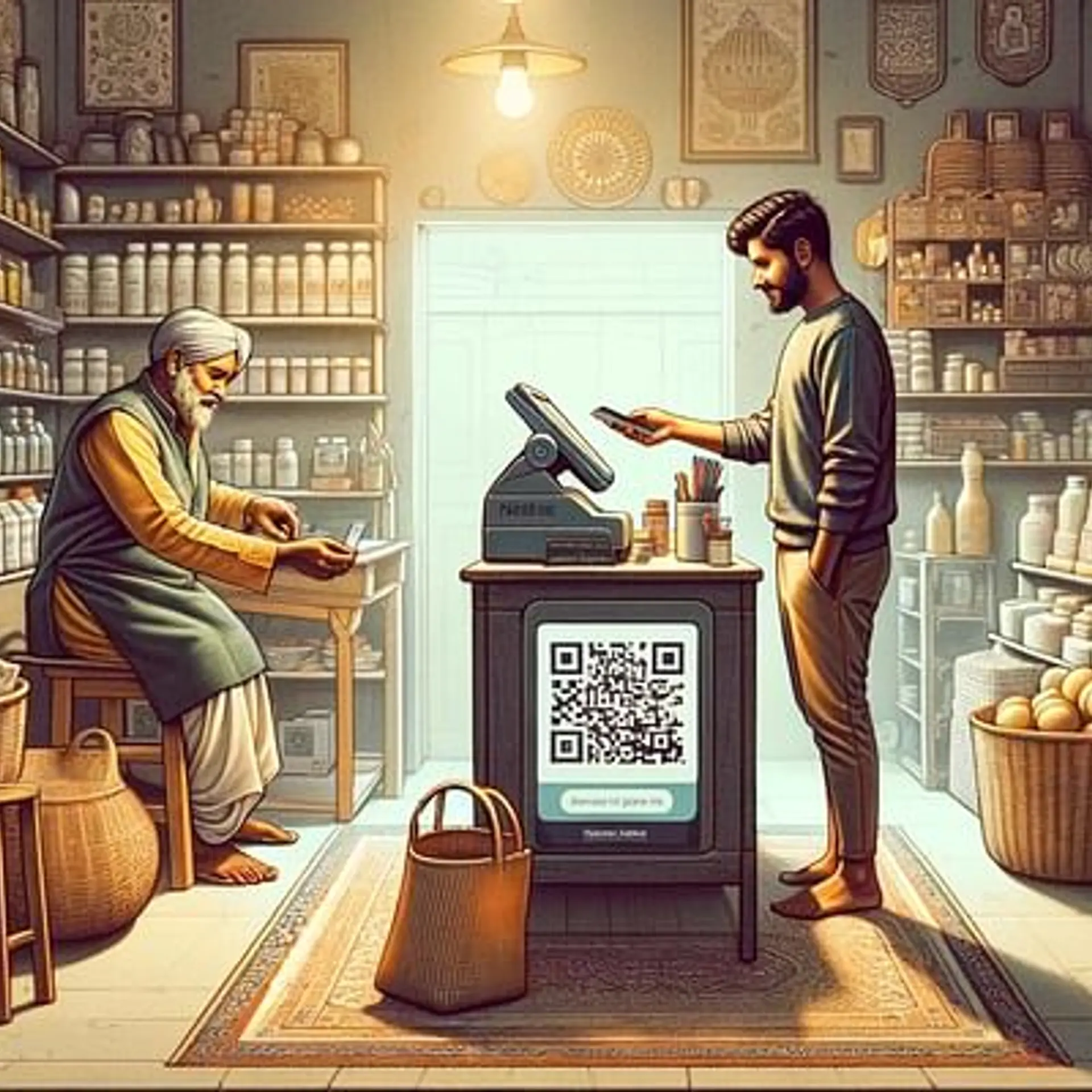Will AI steal your job? Bill Gates' view on job security
Will AI steal your job? Bill Gates thinks it's a real possibility. Dive into his predictions about the future of employment in an AI-driven world!
What if the greatest revolution of our lifetime isn’t led by humans, but by machines? Artificial intelligence (AI) is no longer a sci-fi fantasy—it's here and it's changing everything.
As AI’s influence grows, so do the questions: What does this mean for the future of work? For society? For us? Bill Gates, the visionary co-founder of Microsoft, has been particularly vocal about AI's potential to reshape the job market, and his predictions are fascinating and a little unsettling.
But is it all doom and gloom, or could this AI revolution be revolutionary for humanity? Let's explore what Gates thinks is in store!
The job-snatching tech: Is it a real threat?

Gates isn't mincing words about the potential for AI to automate tasks previously done by humans. As AI gets smarter, it's expected to take over jobs in various sectors, from retail and customer service to even healthcare. Machines and algorithms could be more efficient.
Bill Gates even suggests the traditional five-day workweek might become a thing of the past. With AI handling many tasks, we might need less human labour, potentially leading to shorter work weeks—maybe even a three-day workweek! However, this raises the possibility of widespread job losses and economic instability.
AI: The unexpected hero?
While job displacement is a legitimate concern, Bill Gates also sees AI as a potential force for good in certain key industries. He believes AI could revolutionise sectors like education and healthcare, where the demand for skilled professionals often outstrips supply.
AI could help bridge the gap with high-quality, cost-effective solutions, like AI-powered tutors or remote medical advice, especially in underserved areas. Imagine personalised tutoring for kids in developing countries or AI diagnosing medical conditions in rural areas. These innovations could empower individuals and communities in remarkable ways.
Bill Gates thinks these jobs are here to stay
So, are all jobs doomed? Gates thinks some professions might survive the AI onslaught. Jobs requiring human creativity, emotional intelligence, and complex problem-solving—like coders, energy experts, and biologists—are likely to remain in demand.
However, even these fields won't be completely immune to AI disruption. Bill Gates acknowledges that AI will probably change these jobs, requiring workers to adapt and upskill to stay relevant.
Interestingly, he doesn't think software engineers will be obsolete anytime soon, even with AI's coding abilities. He believes human oversight and innovation will still be crucial, especially as AI systems get more complex.
AI: The double-edged sword
Despite the job displacement worries, Gates is ultimately optimistic about AI's potential benefits. He believes that if we manage it correctly, AI-driven automation could lead to greater efficiency and productivity, giving us more free time and allowing us to focus on more meaningful work.
He compares it to the industrial revolution—job losses in some areas and the creation of entirely new industries and opportunities. But there's a catch, we need proactive policies and regulations.
Bill Gates compares the risks of unchecked AI development to pandemics or nuclear threats, stressing the need for swift action to ensure AI serves humanity, not the other way around. As AI becomes more integrated into our lives, upskilling is no longer optional—it's essential.
Basic AI competencies are becoming a must-have for many employers. We need to adapt, learn new skills, and potentially even rethink our career paths. This means preparing for the jobs that will exist due to AI advancements.
Get ready to upskill
Bill Gates's take on AI's impact is a wake-up call. AI has the potential to be incredibly beneficial, but it also poses a real threat to job security. The future of work in an AI-driven world depends on careful planning, smart regulations, and a commitment to helping people adapt. The question isn't if AI will change things, but how we'll adapt to those changes.








